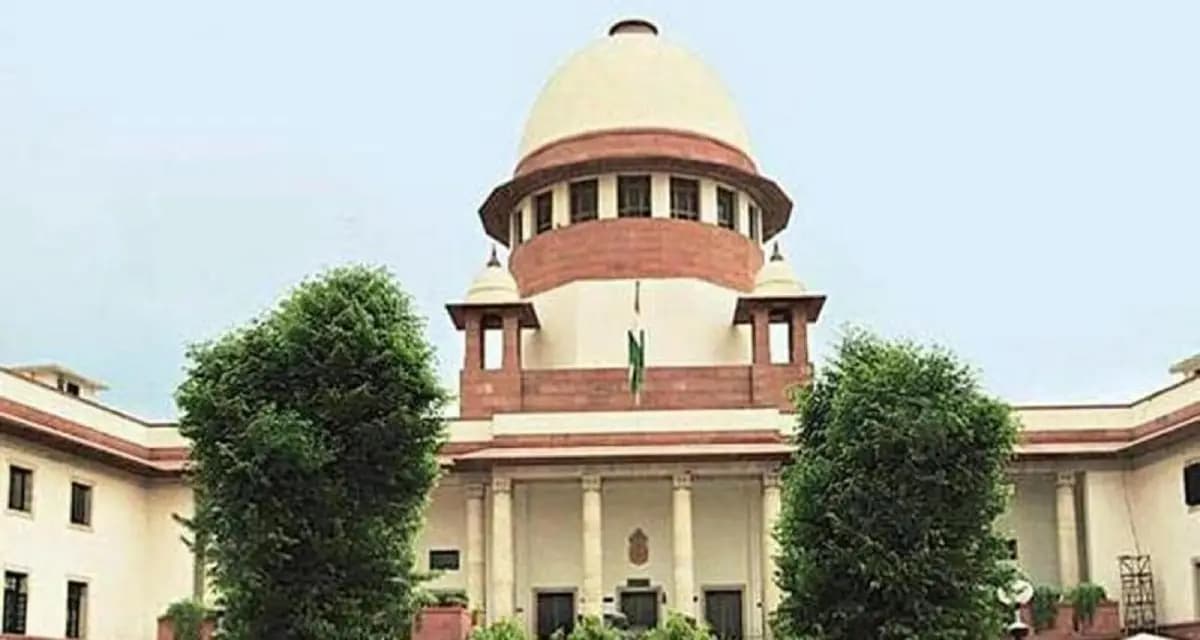The Supreme Court of India has ruled that a company's purchase of a vehicle for the personal use of its directors or employees does not constitute a purchase for “commercial purpose” under consumer protection law unless there is evidence linking the purchase to profit-generating activities.
Key Judgments and Legal Interpretations
A bench of Justices Bela M Trivedi and Pankaj Mithal emphasized that there cannot be a legal presumption that the purchase of a vehicle by a company is for a commercial purpose aimed at earning profit. The burden of proof lies on the entity claiming the purchase to be for commercial purposes.
The court referred to past judgments to clarify the definition of “commercial purpose”:
Laxmi Engineering Works Vs PSG Industrial Institute (1995): Determining whether a purchase is for a “commercial purpose” depends on the circumstances of each case.
Lilavati Kirtilal Mehta Medical Trust Vs Unique Shanti Developers (2020): The dominant intention behind the transaction must be examined to determine if it is aimed at profit generation.
Specific Case Details
In the case at hand, Controls and Switchgear Company Ltd purchased two luxury cars for its executive directors as part of their perquisites. These cars were used personally by the directors and their families. Daimler Chrysler India Pvt Ltd (now Mercedes Benz India Pvt Ltd) argued that the purchase was for commercial purposes due to the absence of certain documents.
However, the Supreme Court dismissed this argument, stating that the onus to prove the commercial purpose lies on the seller when a consumer alleges defects in goods and the seller contests the complaint on these grounds. The court noted the lack of evidence linking the car purchase to any profit-generating activity and therefore ruled the purchase as non-commercial.
Consumer Protection Considerations
The court addressed a complaint regarding the excessive heating of the car's center portion and floor. The judgment highlighted that consumers do not purchase high-end luxury cars to suffer discomfort, especially when the vehicles are promoted as the finest and safest automobiles.
Verdict and Compensation
The court upheld the National Consumer Commission’s 2007 order, directing the car company to refund the purchase price of approximately ₹58 lakh and take back the car. However, considering the car's use over 17 years and an earlier offer by the car company to repurchase it at a depreciated value, the court modified the compensation to ₹36 lakh while allowing the purchaser firm to retain the vehicle.
Also Read:
